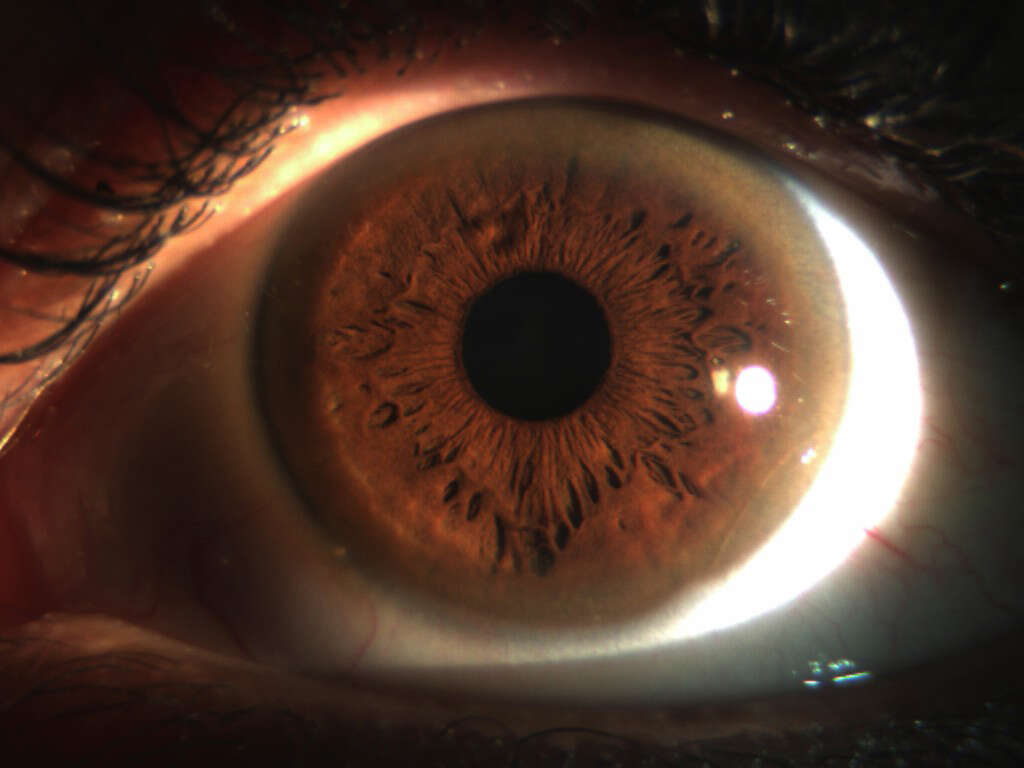What Is Wilson's Disease?
5. Neurological Problems
Wilson’s disease will also sometimes cause neurological problems for the patient as the copper build-up damages the nerves in their body. This damage will have an impact on the electrical impulses that enable the patient to move their body, resulting in some very unwelcome symptoms.
Neurological problems can cause symptoms like erratic movement, an unusual gait, and difficulties speaking.
Neurological problems can be very serious so they should be treated as soon as possible. In most cases, the symptoms will clear up once the underlying cause has been treated, but the symptoms will remain in the long term in the more severe cases.
Advertisement












